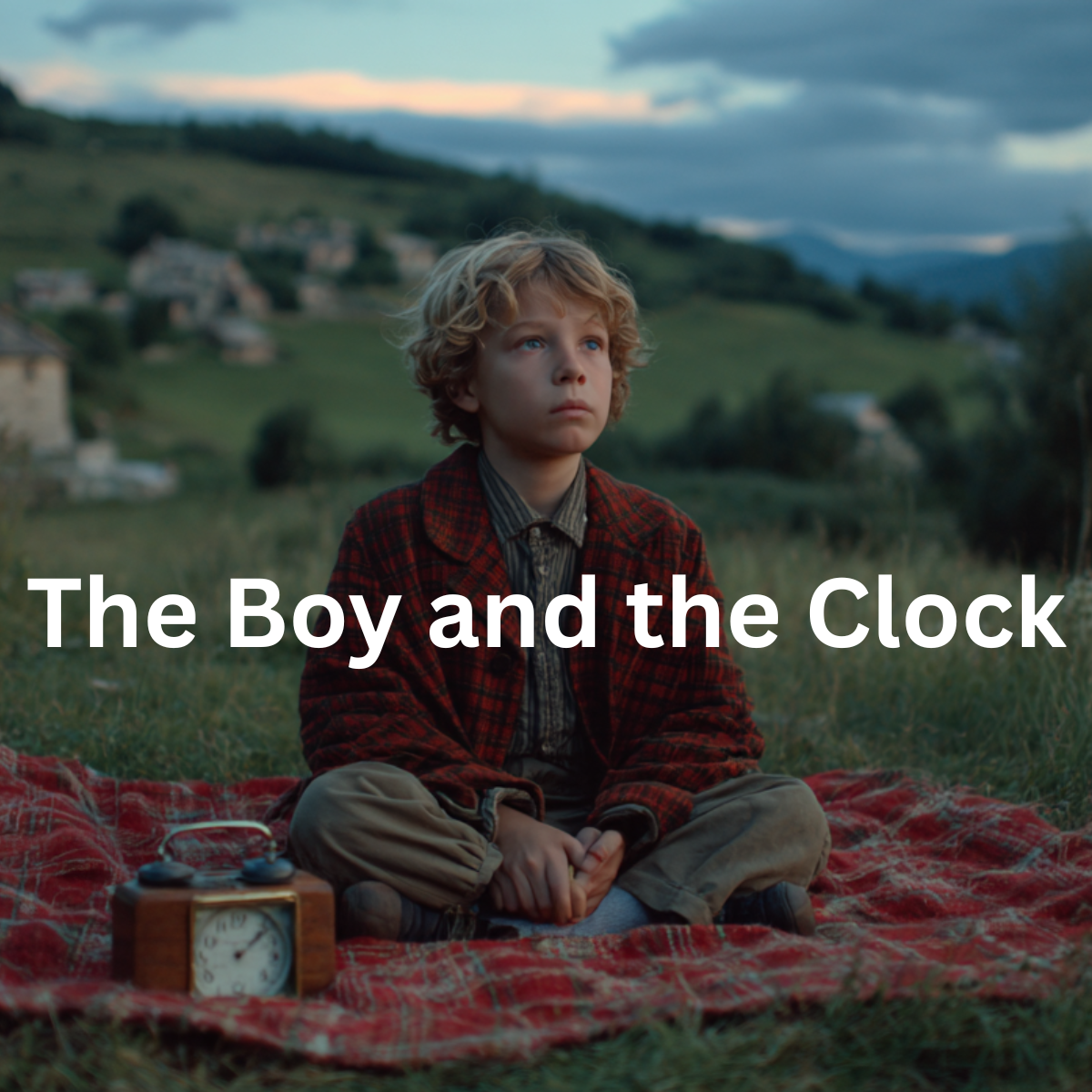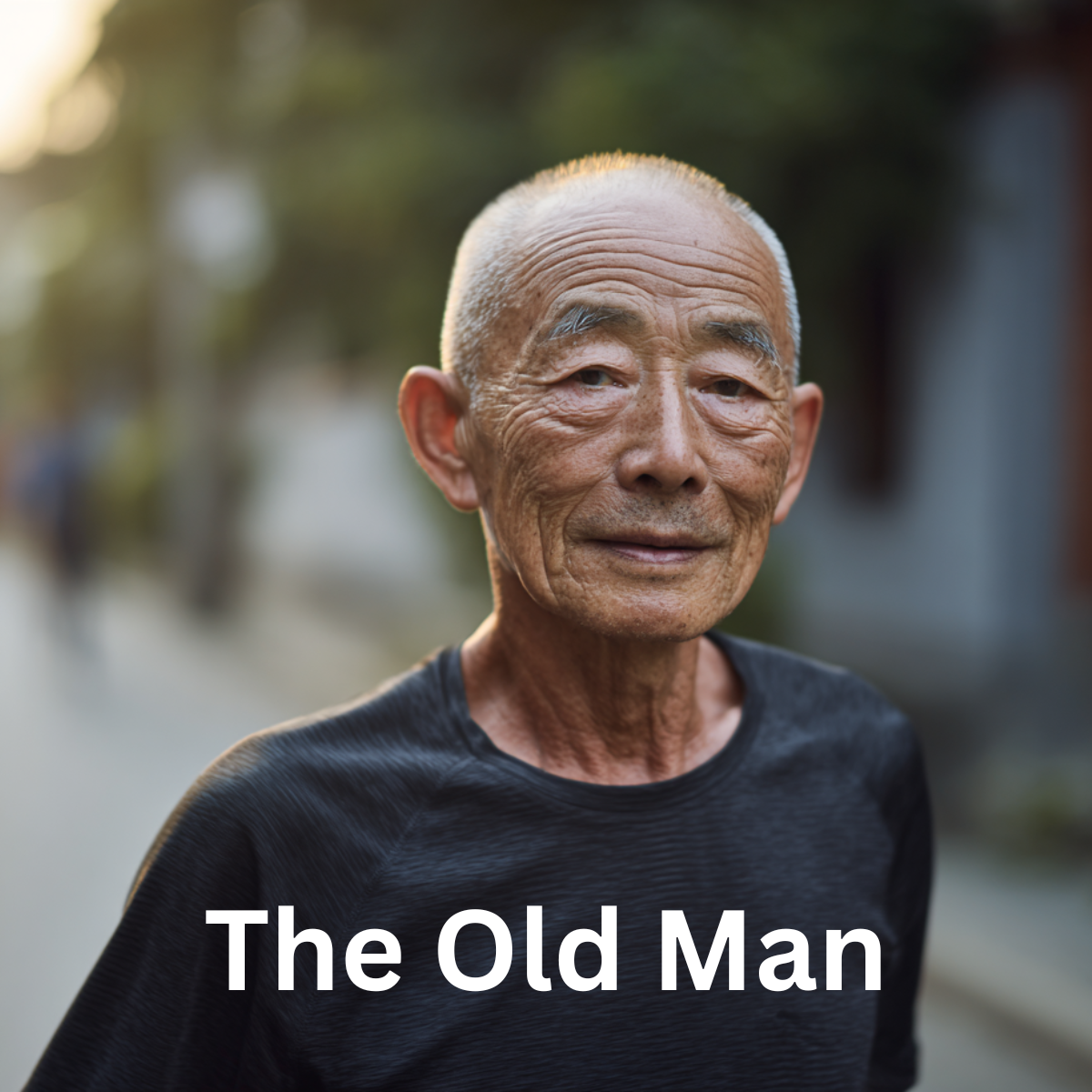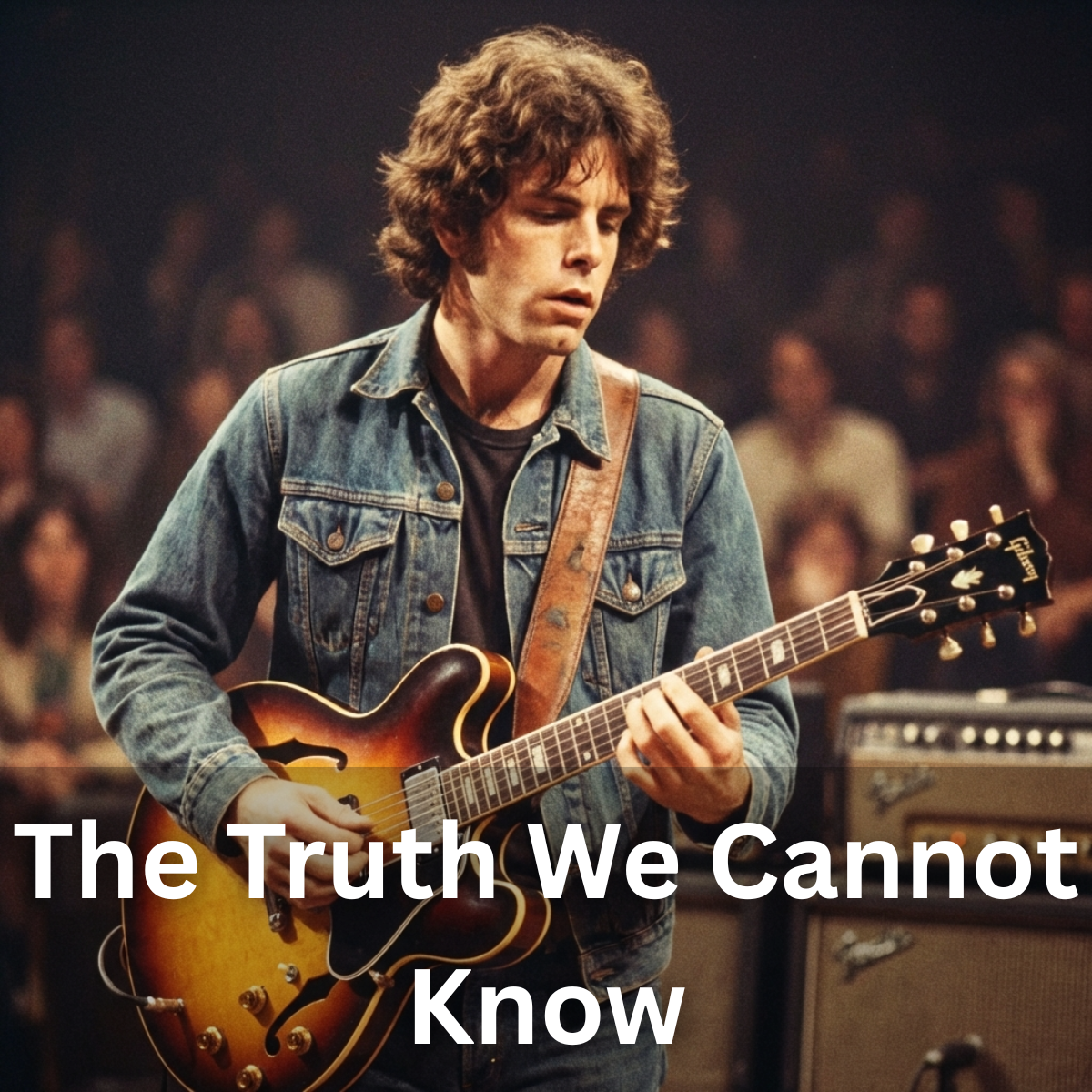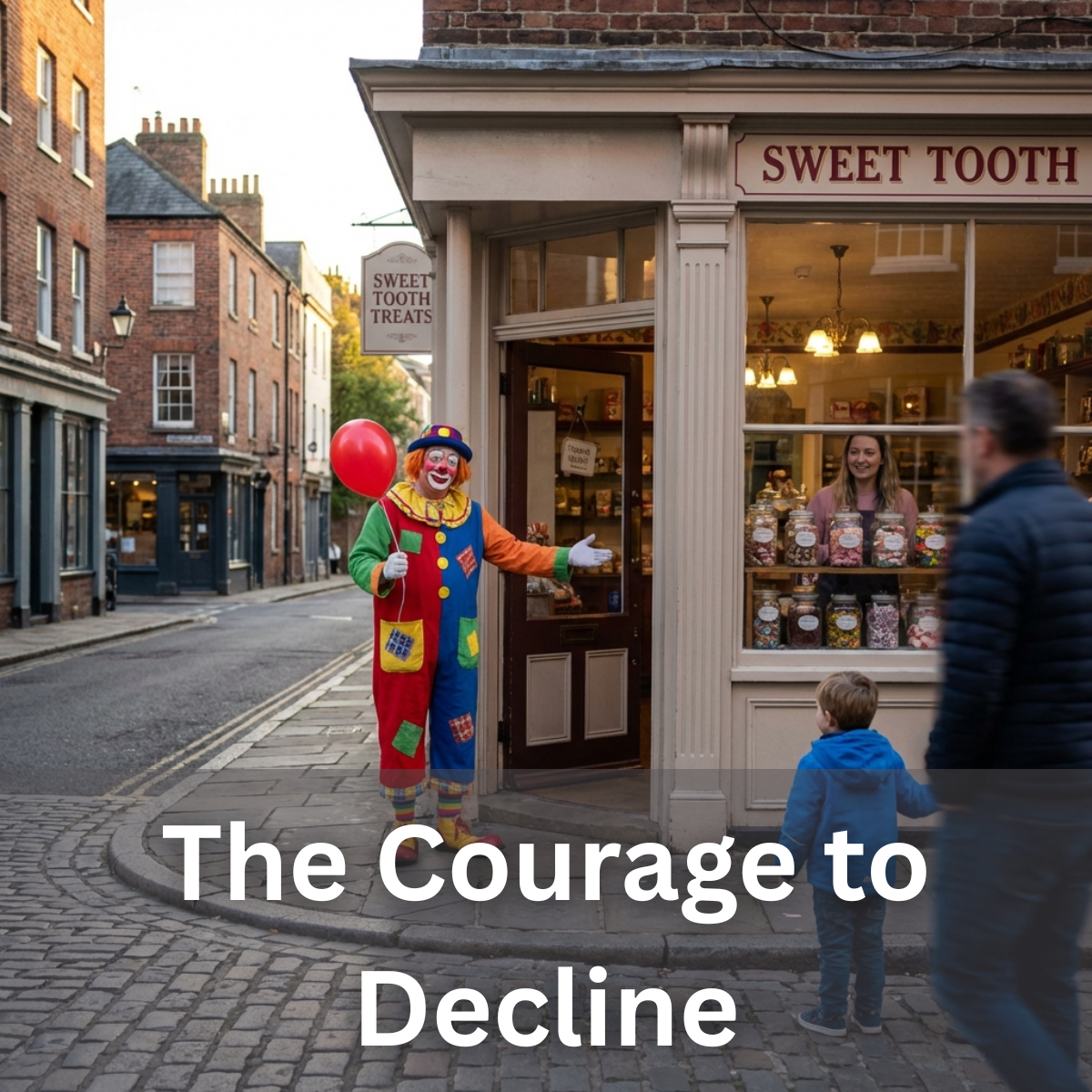The day the clocks came to the village, they arrived in a wooden crate with straw tucked tight like a bird’s nest. The crate had been shipped with the bolts sealed in wax and a stamp the boy could not read, only admire, as if it had come from a place where the road itself wore shoes.
His father, who was the local shopkeeper of notions, flour, lamp oil, and twine, gingerly set the crate on the counter and pried the top open with the back of his hammer. Inside lay five small clocks, each tucked in tissue, each faced with a white enameled dial that winked back at the boy. They were not grand like the church clock that held court over the square, whose black hands welcomed and scolded the daylight, whose bell taught cows to come home and children to run. These were little, private faces, simple and bold, with seconds that counted like whispered secrets.
“Portable,” his father said, as if the word were a trick he’d learned to pull from behind a child’s ear. “For the mantle or the bedside. Wind every morning. Reliable.” He was speaking to the first two customers who had shuffled in in their work boots to buy nails and to sneak a look.
The boy did not talk. He watched. He stood on the stool behind the counter, elbows on the scarred wood, and watched the seconds hand skim and hop, skim and hop, so steady, so certain, that he felt a tug deep in his chest, a wanting he could not name. The church clock announced, the church clock explained, but the little clock told the truth right here, close enough to fog with his breath. It told the truth in tiny silver strokes.
By noon, his father set one of the clocks on the counter with a sign: DEMONSTRATION. People came to see it. They squinted at its smallness, at its bravery. The baker laughed and said, “I will still listen for the bell.” The tailor said, “It’s a luxury, surely.” The postman, whose life already belonged to schedules, tapped the glass with the corner of his envelope and said nothing, but his eyes softened.
The boy thought: What if I watched time and it watched me back?
That night, after chores and stew, after his father snuffed the lamp and the shop fell quiet as a folded hand, the boy lay awake and listened to the little ticking in the dark. His father had kept the demonstration clock wound, its voice thin but insistent. The church had no say in that ticking; the bell slept and still the seconds walked on without permission. It felt like being told a secret.
In the morning, while mist drifted like loose wool above the fields, the boy approached his father at the counter. “I want to take it up the hill,” he said, pointing to the clock. “I want to watch it all the way through.”
“All the way through what?” his father asked, amused already.
“Everything,” the boy said. “A whole day. I want to see how it carries the hours. I want to see if it gets tired.”
The father studied his son’s face. It was not the face he used for asking sweets or wanting to skate on thin ice. It was the face he saved for when he decided to build a kite from an old shirt. The father rubbed his jaw. “You’ll need a bedroll, then. Bread and cheese. A bottle of water. A pencil if you mean to make notes.”
“What should I write?” the boy asked.
“What you hear,” his father said, and slid the clock toward him.
The hill outside the village was not proud, only patient. This hill was an old hump of earth grazed by sheep. The boy climbed it as the first proper sun found the roofs below. He spread his bedroll on a patch of dry grass, set the clock before him on a flat stone, and took out his pencil.
The second hand walked. The boy’s pencil scratched: one minute is a breath for thirty people.
He tried not to look away. It seemed rude to look away when he had made a promise. He discovered he could watch the seconds drift and still sense the world around him: the tight-bellied clouds thinning to lace; the ants ferrying their burdens across the empire of his blanket; the village shrinking and then, in what seemed like an impossible trick, began growing again as the sun made the bell tower lean and return. Every hour, he wound the clock as his father had taught him, two turns, be firm but not mean.
By late morning his eyes watered from attending so closely, and he blinked and sipped water and looked back in time to see the minute hand step to eleven. He smiled at that. “You are no coward,” he told the hand. “You step when it’s right.”
At noon the church bells clanged twelve great iron syllables, declaring midday to the living and the dead, and the boy felt his clock quiver under the announcement but not surrender. It kept to its seconds as if the bell were a friendly uncle telling long stories. He wrote: the bell is the sky’s voice; the small clock is the body’s.
Afternoon moved like a cart through gravel. Shadows lengthened until the grass looked like a forest of green needles. The village sent up its little smoke signals. A dog barked and stopped when there was nothing left to add. The boy ate his bread and cheese and thought about the tailor’s hands slicing cloth in measured lines. He thought about the baker dividing dough by feel and by habit. He thought about the postman’s softened eyes. Didn’t everyone, in their own way, already keep a clock? Perhaps the newness was only that now the clock could sit at the table and watch them back.
The clock ticked. The boy drew little suns in the margins of his page, and moons, too, with uneven craters. He thought of the church at midnight, the town black and breathing. How would the little hand behave then, when no noses were pressed to glass?
Twilight climbed the hill as tenderly as a mother rousing a child from a warm sleep. The boy shivered and pulled his blanket over his shoulders. The first star took its position. He wound the clock again, one turn, a second to be sure, the key warm where his thumb had pressed it all day.
He had not noticed that the ticking had grown into his pulse, or that his own breath had nested inside the intervals. It was only when an owl loosed a liquid note from the hedgerow and the boy startled that he realized the clock was still steady and he was the one who had jumped.
Night deepened until it felt like standing underwater. The village lights went out, then back, one by one, as candles were pinched and lanterns wheezed. Only the church kept its slim halo. The boy’s eyes burned. He lay on his side to watch the dial sideways, as if a new angle would ease the ache. The minute hand pushed on, an old man’s shoulders under a constant load. The boy’s head nodded forward once, twice. He slapped his cheeks lightly. “No sleeping,” he told himself. “You made a promise.”
At midnight the bell struck twelve with such dignity that even the owls seemed to hush. The boy counted quietly, not to keep the church honest but to prove to himself he still sat inside time and not outside it. When the bell fell silent, the hill was a waiting ear. The clock ticked.
In the small hours, the boy learned what seconds are made of. They are made of resolve. They are made of patience. They are made of a thin silver hand pushing against nothing and still moving. He wrote: the small hours are where a day decides who it will be.
Sometime toward three he cried, but he did not know why. The tears were not from pain or from fear. They were from understanding something that had no proper word. He wiped them on his sleeve and wound the clock again. He placed his palm over its round back and felt heat there, not much, just the warmth of a working secret.
When dawn unstitched the horizon and let in its first pale thread, the boy’s body felt hollowed and refilled. The grass was damp as a thought just remembered. Birds thought of declaring and then went ahead with it. The minute hand climbed toward six. The boy laughed, softly, to be alive still, to be witness and participant, to have kept a promise to a polite stubborn thing.
At the first bell of morning prayer, he stood. He folded his blanket, tucked the pencil behind his ear like a grown man, and lifted the clock. It was lighter than he expected and heavier than it should have been, because now it carried what he knew.
Back in the shop, his father looked up and took in at once the boy’s red-rimmed eyes, his chapped lips, the calm of him. “Well,” the father said.
“It does not get tired,” the boy said. “But it needs winding. That’s our part. And the bells are still the bells. That’s their part.” He set the clock on the counter, smoothed the tissue beneath it. “It was a good day,” he added, surprising himself to find his voice so even. “It was a whole day.”
His father nodded. “And what did you write?”
The boy opened his page and showed him. There were lists of bottles rolling in the wind at twenty minutes after; a dog sleeping between two seconds at quarter past; the exact moment dawn found the barley field at five thirty-one. There were little suns and moons, crooked, sincere. There was a line that made his father swallow before he could speak: time belongs to us when we take care of it.
They put the clock back on the counter. Customers came and went. The church bell called the hour and people instinctively measured themselves against it. A woman bought a little clock for her kitchen, laughing that now she would finally get the soup right. The postman bought one and did not say why. The tailor came in late afternoon and asked if there were any with a slightly larger dial.
In the quiet moments between, the boy cradled the demonstration clock, wound it at the right time, felt its heartbeat in his palm. He did not need to watch every second anymore. He had seen a day go all the way through. He had kept it company. And now, when the bell tower’s chime shook the square, he would glance down at the small face on the counter and smile, and the two clocks, the one public and the one private, would agree like neighbors, each doing its part to carry the village forward.
At night, when the lamp went out and the shop turned soft and dark, the boy listened for the ticking. He heard it, neat and steady, and knew by that sound that the hours were intact, that morning would arrive right on time, not because the bell said so and not because the dial insisted, but because he would be there to wind it, to keep it, to belong to it and let it belong to him.




